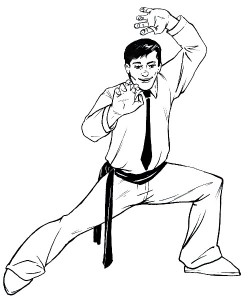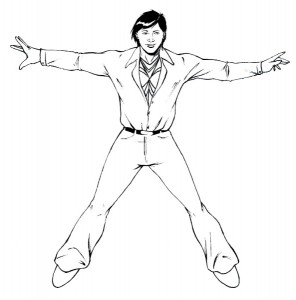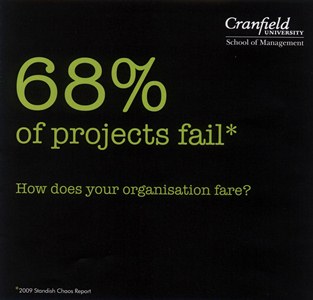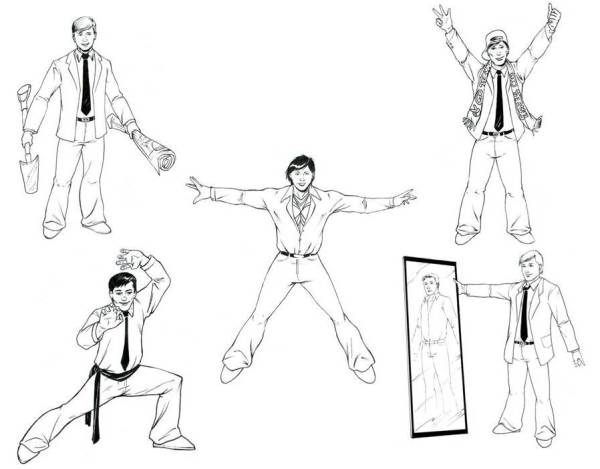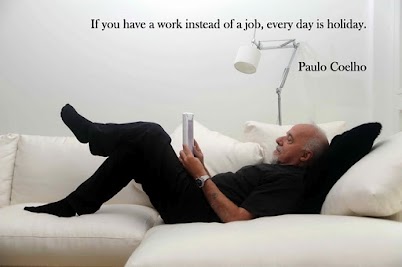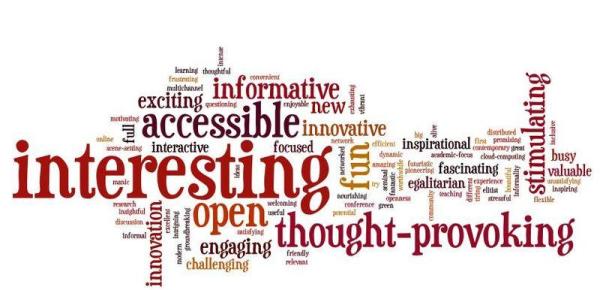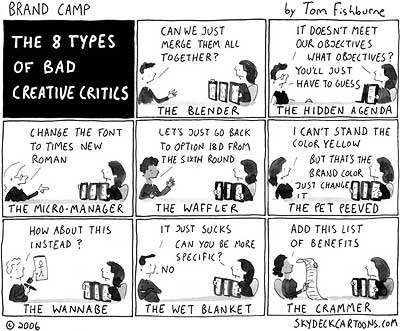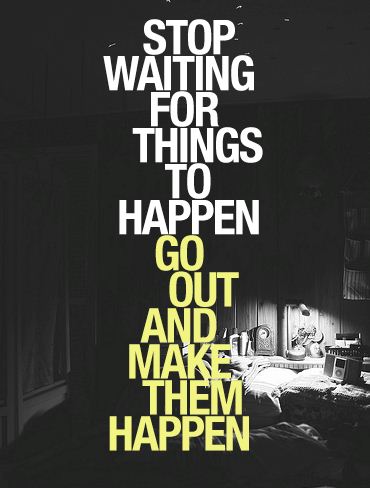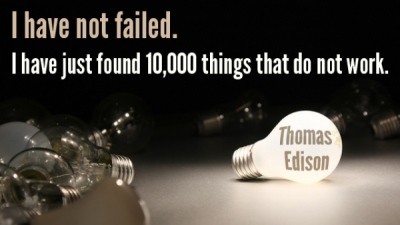I visited Houston Space Center the other day as I was stranded a week-end in town during a business trip. There you can visit one of the famous space control rooms, view a Saturn rocket, many spaceships and a bunch of memorabilia about the space conquest (exciting for the child in you!). And you can’t escape this famous quote attributed to Gene Kranz, the flight director on Apollo 13: “Failure is not an option“, written on everything – books, mugs and T-shirts included.
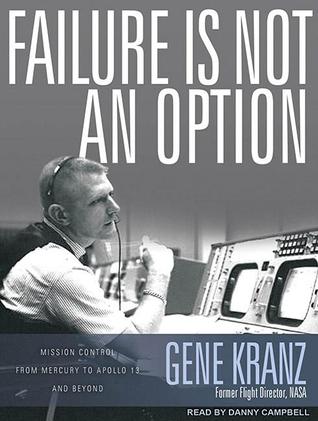
Quite a tough guy, this Gene Kranz, and undoubtedly his determination helped much bring the astronauts back on earth that time.
But then today we know that we should fail often to progress, at least limited failures. So, when is failure an option? And when is it not an option?
When should one persevere, against all odds, and when should one not?
One of the few references on this topic is a little book by Seth Godin called “the Dip“. It discusses how all ventures always go through a dip between the initial excitement and the possible future development. How can we recognize whether that’s a temporary dip or a slide toward failure? How can we recognize whether we need to persevere? How can we recognize that in that case, failure is not an option?
When Apollo 13 encountered its issues, the purpose of the team was clear: bringing the people back to Earth. They did not know how but the purpose was set, compelling, tangible, emotional, generous. They would do whatever it took to reach it. And they did.
Failure is not an option when the purpose is so compelling that it will move you to do anything to reach it. Don’t get stuck on the way you thought you would take, though; you’ll need to find the way, and it won’t be obvious. And you will find the way, because you will have small failures along the journey, overcoming and learning from them to get closer to your goal.
Failure is not an option for your life purpose. It is certainly an option for helping you find the way to reach it. This is quite a vital distinction.
Test what you identified as your life purpose: is failure is an option?


